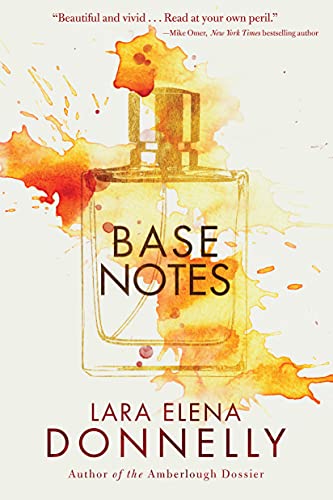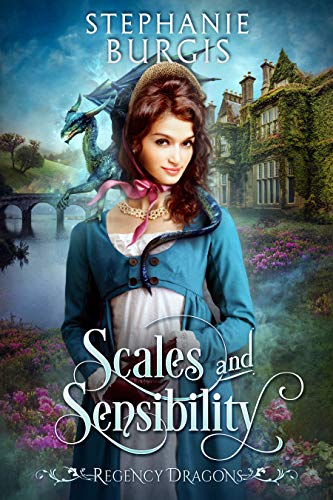...the people in power were self-servers who’d no idea about and felt no responsibility towards history...They were like a new kind of being, she said – like beings who’d been birthed not by real historied time and people but by plastic carrier bags, she said.
Eh? he said.
That unhistorical, she said. That inhuman. That brainless and unknowing about all the centuries of all the ways that people carried things before they were invented. That damaging to the environment for years and years after they’ve outgrown their use. Damage for generations. [p. 55]
Art (short for Arthur) is due to visit his mother Sophia in Cornwall for Christmas, but his girlfriend Charlotte has dumped him and is wreaking a very public vengeance by posting nonsense to his Twitter account. Panicking at the thought of explaining all this to his mother, he recruits a Croatian bystander, Lux, to play 'Charlotte' for three days.
Sophia, meanwhile, is experiencing a vision, or a presence, of a floating child-head that gradually turns into a stone sphere. This will be important later. She has not spoken to her sister Iris, a Greenham Common veteran and lifelong activist, for three decades: it seems likely that they are on opposite sides of the Brexit chasm, but the rift goes back to their teens. When Art and 'Charlotte' arrive, fresh from the horrors of the GWR Christmas service (this was horribly evocative: I used to do that journey annually), Lux realises that Sophia needs help.
I didn't find this quite as enjoyable as Autumn, possibly because I disliked Art and, to some extent, Sophia. But there are similar themes: the importance of art (Barbara Hepworth's work is featured), the lure of happy memories, the lies that people tell themselves and one another. There is a story about a child meeting a god at midwinter; there are rumours on social media of a rare bird sighted just down the road. And there are strong echoes of Dickens' A Christmas Carol -- only to be expected from a novel which opens with the line 'God was dead: to begin with'.
All the crises are still there, Brexit and global warming, misogyny, the climate emergency, racism, ageism, warmongering, Trump, Grenfell, Boris Bloody Johnson ... But there are also moments of joy, and the possibility of reconciliation, and the year has turned: the days are getting longer, there is hope that the light will come back.







